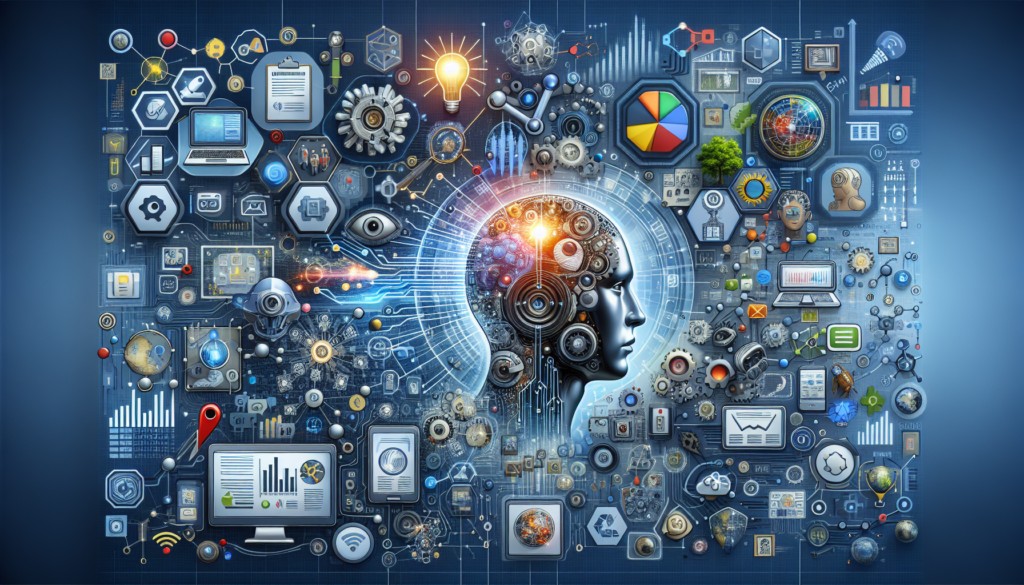Digital marketing is constantly evolving, largely driven by the development and adoption of emerging technologies that continually expand the horizon of possibilities for brands and consumers. With the rise of artificial intelligence (AI), machine learning, natural language processing (NLP), Big Data, and immersive technologies such as augmented reality (AR) and virtual reality (VR), digital marketing has become a field of constant innovation and increasingly sophisticated and automated personalization.
Artificial Intelligence in User Experience Personalization
The integration of AI into digital marketing has enabled the development of highly effective recommendation systems, such as those implemented by e-commerce giants like Amazon and Alibaba. These systems not only enhance the user’s shopping experience but also, through the analysis of massive data and continuous learning of consumer habits and preferences, allow for the prediction of trends and optimization of inventory management.
Semantic Search Optimization and SEO
AI also plays a crucial role in search engine optimization (SEO) by understanding and classifying web content. Algorithms based on NLP can now understand the intent and context of users’ searches, improving the relevance of results and offering opportunities for the creation of more targeted and efficient content in terms of SEO.
Big Data and Audience Hypersegmentation
The use of Big Data has revolutionized audience hypersegmentation, enabling the creation of extremely targeted advertising campaigns. Advanced analytical tools now process vast volumes of data to identify specific behavior patterns and preferences, leading to greater advertising effectiveness and more accurate retargeting strategies.
Trend Prediction and Predictive Analysis
In line with segmentation, predictive analysis, using advanced machine learning models, provides digital marketing professionals the ability to foresee future consumption trends, mitigating risk and allowing early adaptation to market changes.
Immersive Experiences: VR and AR in Advertising and Branding
Technologies such as Augmented Reality and Virtual Reality are creating immersive user experiences, offering new channels for brand storytelling and advertising. AR campaigns on mobile platforms can significantly increase engagement, providing memorable experiences that strengthen the emotional connection with the brand.
Case Study: IKEA and Augmented Reality
A notable case is the IKEA Place app, which allows users to visualize IKEA products in their own space using AR, enhancing the purchase decision and customer satisfaction through a highly personalized and technologically advanced experience.
Blockchain and Transparency in Marketing
Blockchain promises to revolutionize digital marketing by providing an unprecedented level of transparency and security in transactions. Tracking and verification of the authenticity of ads and their reach can be carried out with greater accuracy, reducing advertising fraud and building trust between consumers and brands.
Decentralization of Advertising
With the implementation of blockchain, decentralized advertising models emerge where users can have control over the data they share and receive compensation for interacting with ads, which could change the landscape of digital advertising.
Future Applications: Generative Artificial Intelligence
Looking ahead, generative artificial intelligence (generative AI) shapes up as a technology with great potential. From the automatic creation of visual and textual content to the dynamic and real-time personalization of experiences, generative AI could take marketing personalization to an entirely new level.
Digital marketing is at the threshold of a new era, where emerging technologies are not only transforming current strategies but are also dictating the development of new practices and standards. The key for marketing professionals lies in embracing these innovations, incorporating them into their strategies to remain competitive and relevant in an ever-changing market.

